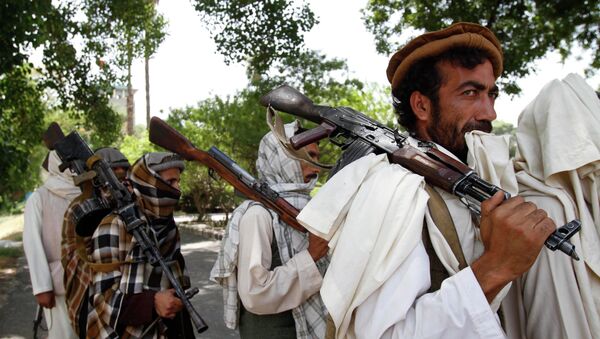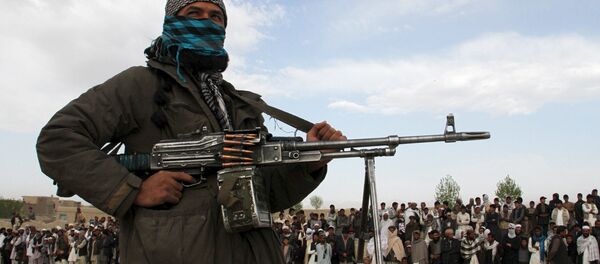Mullah Omar’s direct role in day-to-day Taliban operations had been declining for years, according to Western diplomats in Afghanistan. Even if he is alive, the former leader of Afghanistan is believed to be severely ill, wrote David Rohde for The Atlantic.
With Islamic State and other jihadist groups competing for the loyalty of young Taliban fighters, it is unclear whether any leader except Omar can hold the Taliban movement together and then get its members to accept a peace settlement.
“The nightmare is if nobody respected the leadership anymore in the Taliban,” said Graeme Smith, a senior analyst at the International Crisis Group who is based in Kabul, “because then you have no one to talk to.”
They also opposed the decision of Omar’s deputy Mullah Akhtar who wanted to send a delegation to direct peace talks on July 7.
The disturbing trend is that this dispute reflects deep tribal divisions within the Taliban that could divide the entire movement.
Ideological rifts have caused some hardline factions to declare allegiance to Islamic State, who often engage in gun battles with traditional Taliban groups.
Simultaneously, the Obama administration’s withdrawal of the vast majority of US troops from Afghanistan has strengthened the efforts of Taliban hardliners. The insurgents have made extensive military gains in the country’s north.
Afghan government forces reported a 50-percent increase in casualty rates. Roughly 4,100 Afghan soldiers and police were killed and 7,800 wounded in the first six months of this year, according to news reports.
“The talks on Friday and their progress in the weeks ahead could help determine whether Afghanistan follows the route of Syria, Yemen, and Libya toward state collapse. As the rise of Islamic State has shown, an even more radical group could emerge out of the disintegration of the Taliban,” Rohde concluded.



